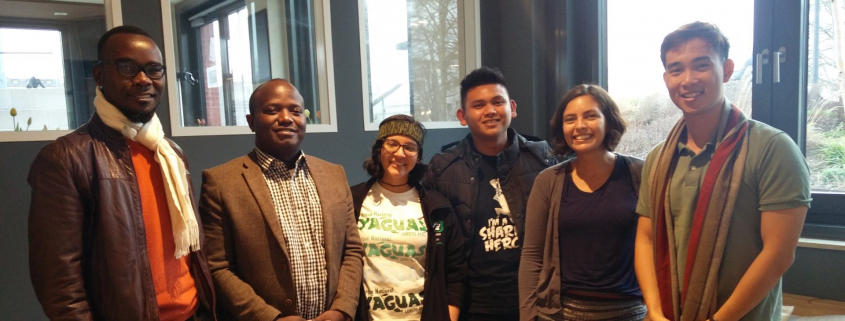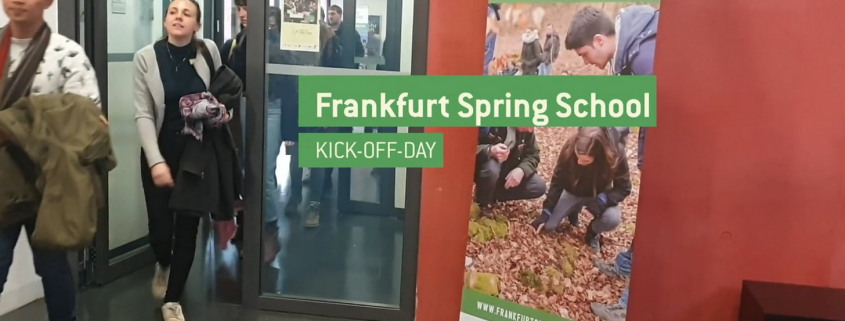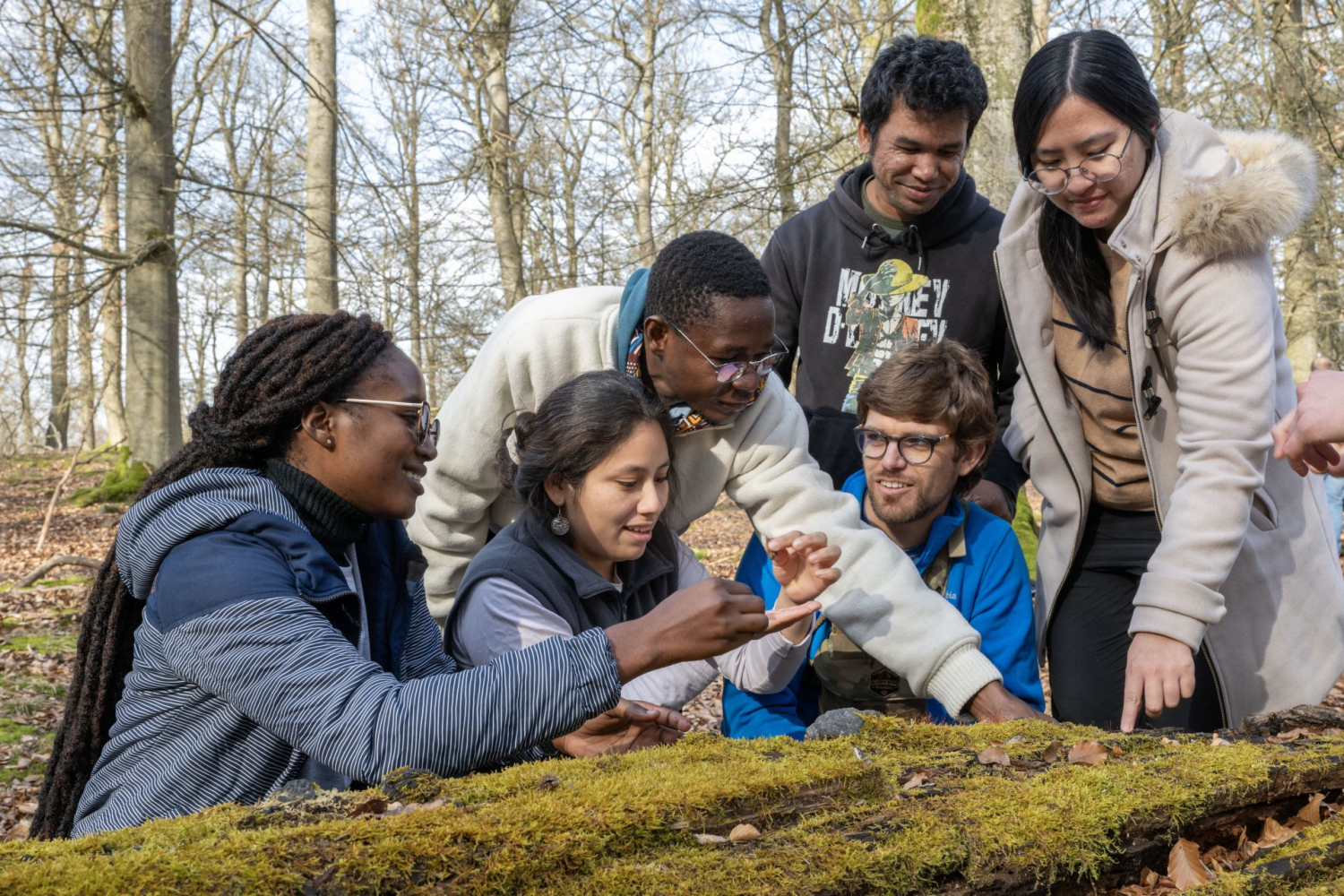
Another successful Frankfurt Spring School has come to an end. The course took place from 19th of February to 15th of March and was an immersive experience with courses covering topics from project idea to the development and management of a project.
The international group of 32 participants from over 20 different countries had the chance to engage with experts forming them in various topics and sharing their rich knowledge in classes but also evening events like Speed Dating (where they could meet & talk to practitioners in a nice setting) and Conservation Cafés (discussion evenings). Due to their diverse backgrounds participants were further inspiring each other and created a great atmosphere throughout the four weeks.
As for every Spring School 3 projects received grants from the KfW Stiftung, this year they went to Madagascar, Peru & Zambia.
For more impressions you can check out our Instagram and LinkedIn profiles.
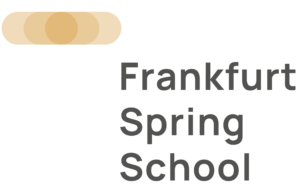
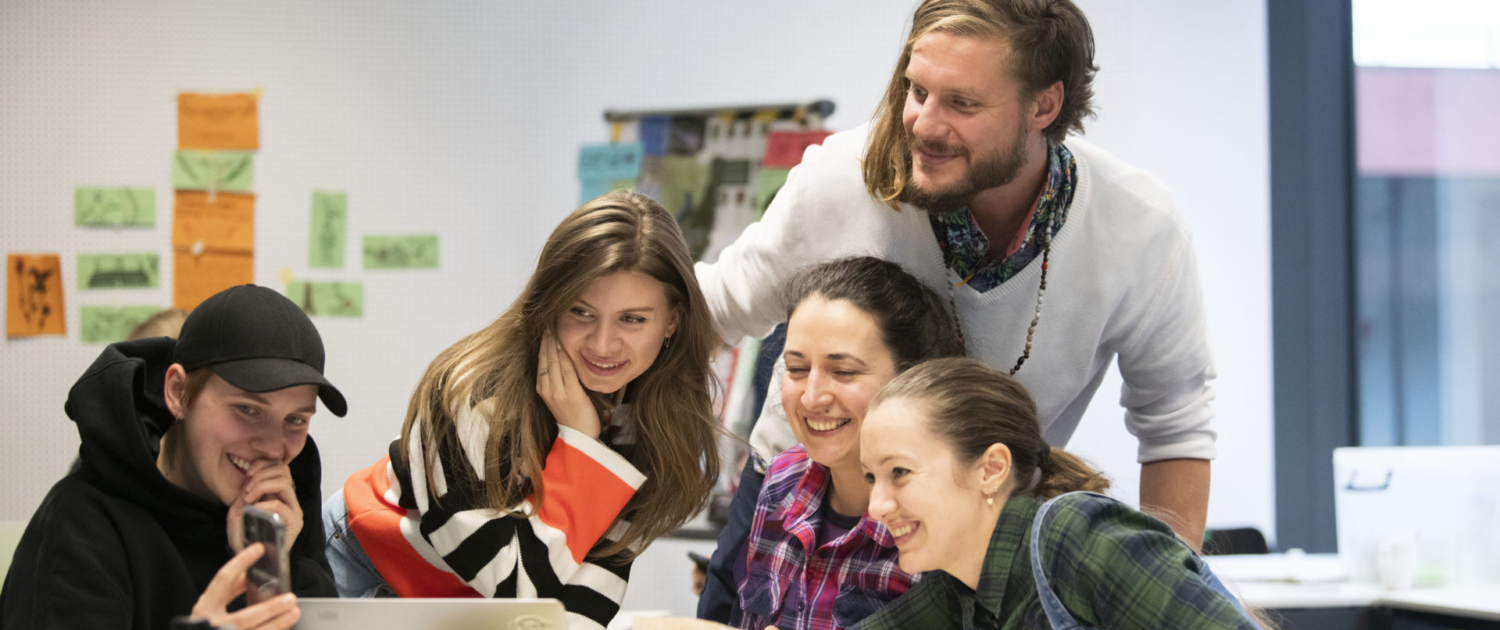
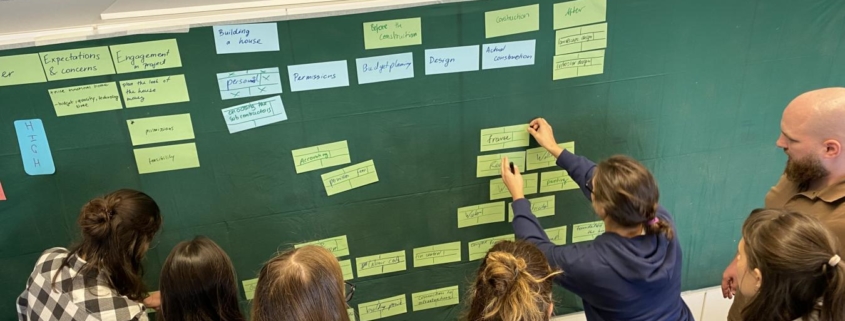
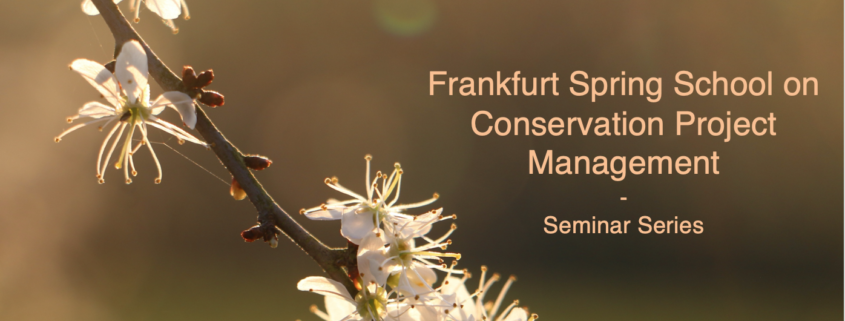
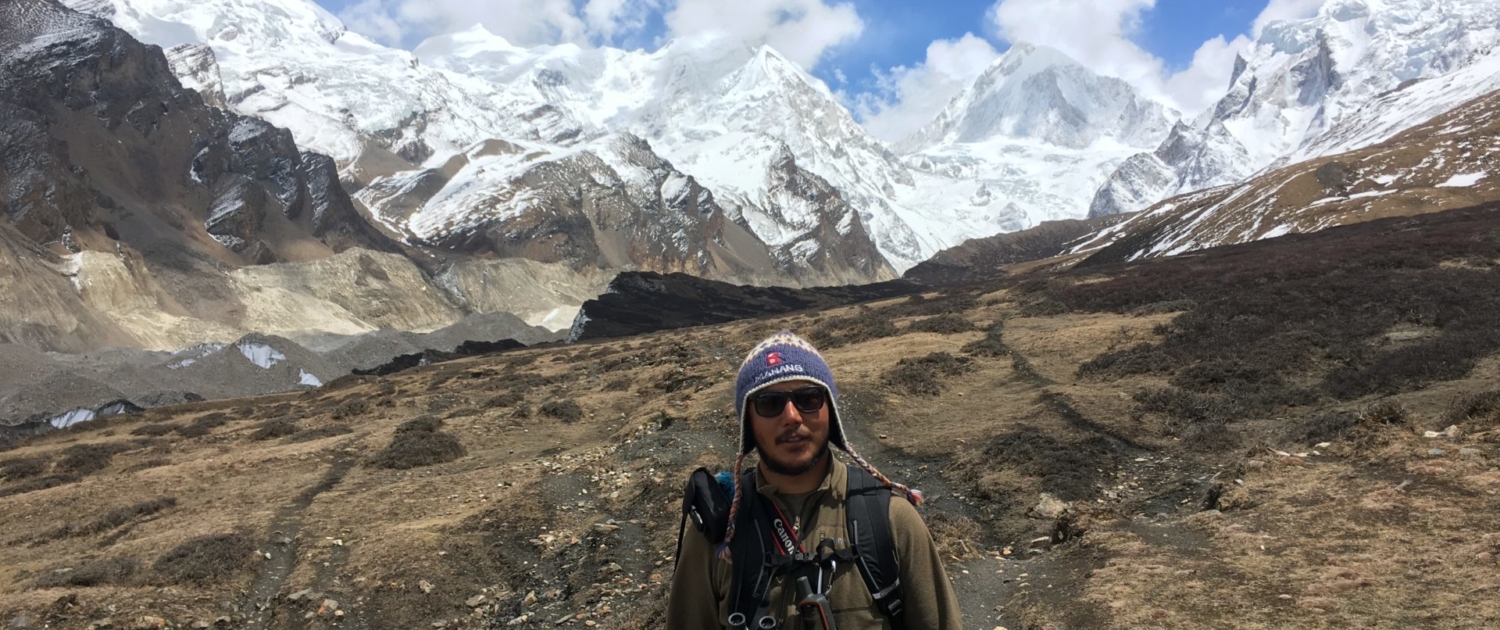 Rinzin in the Phu Valley of Manang, Annapurna Conservation Area during a snow leopard and blue sheep survey in the Spring of 2019. © Marc Filla
Rinzin in the Phu Valley of Manang, Annapurna Conservation Area during a snow leopard and blue sheep survey in the Spring of 2019. © Marc Filla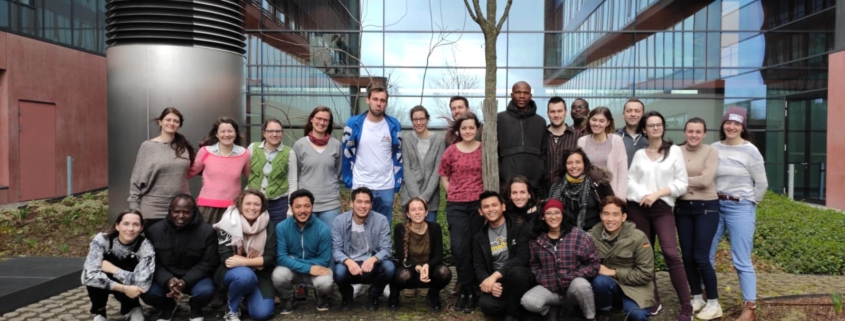
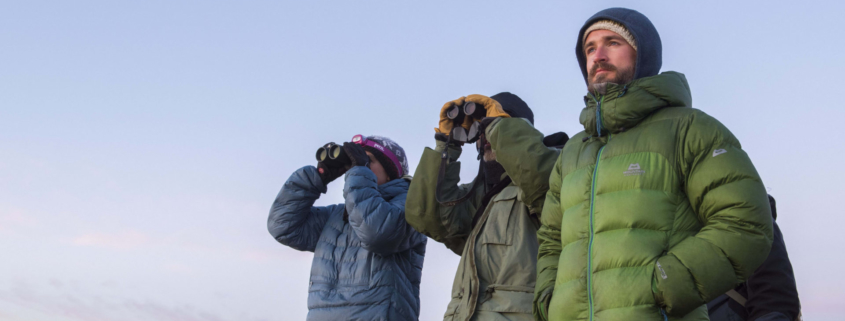
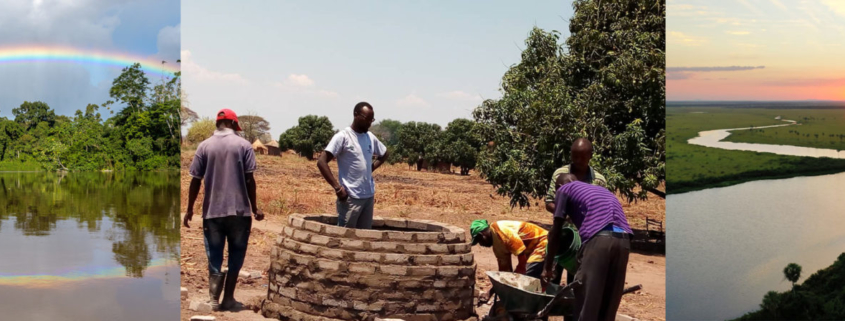
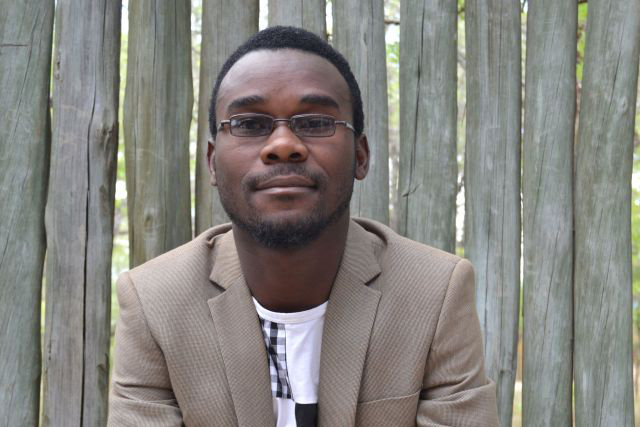 Francis Mapenga (FZS Zambia) with his project
Francis Mapenga (FZS Zambia) with his project 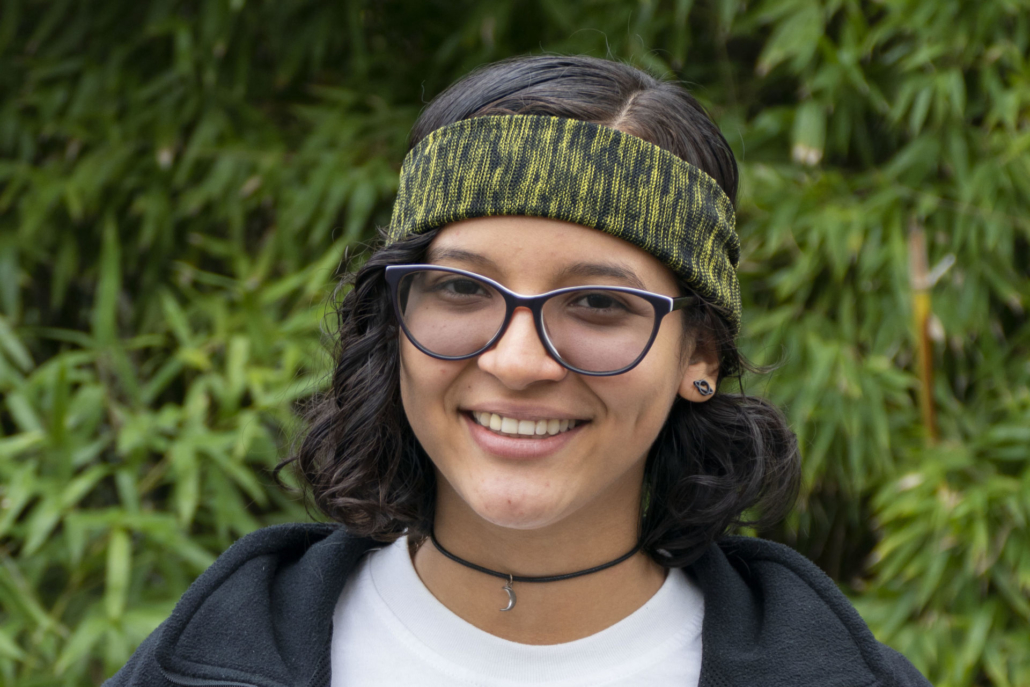
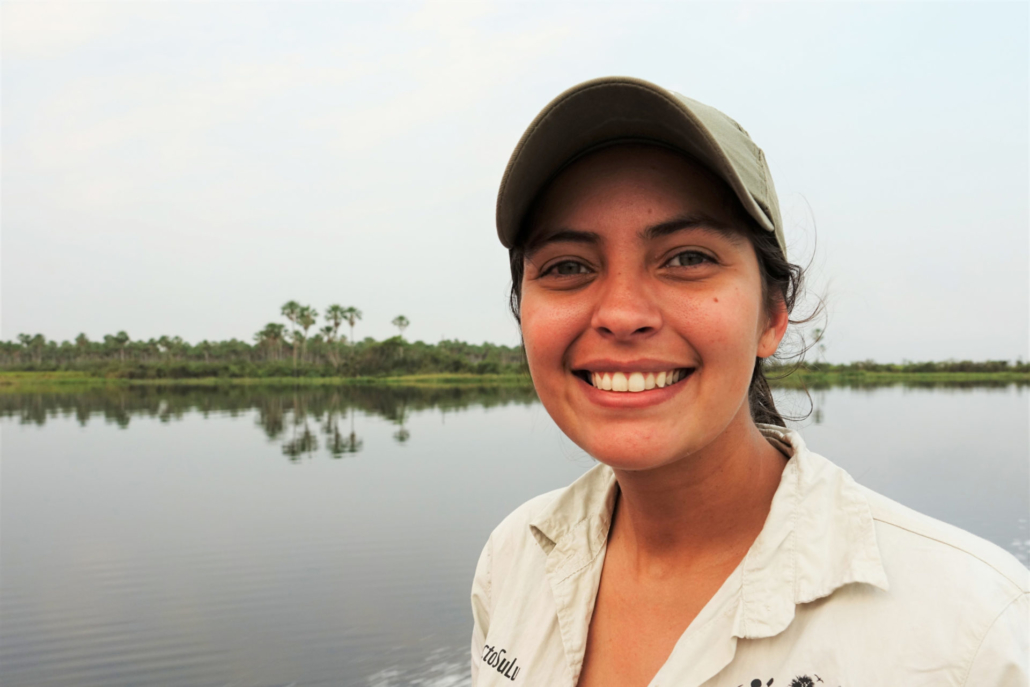 Patricia Roche (WWF Paraguay) with her project
Patricia Roche (WWF Paraguay) with her project 